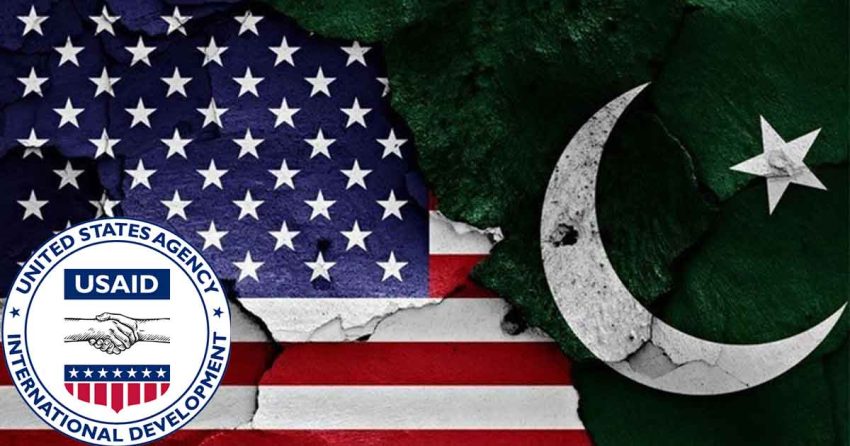ISLAMABAD – United States reportedly resumed funding for some development initiatives in Pakistan under USAID program, marking shift in policy after months-long freeze on financial assistance.
This reinstatement of funding comes amid positive talks between two sides toward a more transparent and mutually accountable aid framework.
Reports in local media said Pakistan received renewed support under two key USAID-funded initiatives, US Need-Based Merit Scholarships for Pakistani University Students (Phase II) and the Federally Administered Tribal Areas (FATA) Infrastructure Program. Both projects will continue receiving funds through June 2025.
The resumption follows the suspension of approximately $845 million in U.S. development aid announced in February 2025 under Executive Order 14169. That freeze targeted both government-to-government (G2G) and off-budget projects, including USAID programs implemented directly through non-governmental organizations (NGOs) operating in Pakistan.
Diplomatic sources revealed that recent engagements between the U.S. Embassy in Islamabad and Pakistan’s Economic Affairs Division (EAD) have focused on broader restoration of USAID-funded programs. These discussions have primarily centered on concerns around transparency, fund tracking, and oversight in programs managed by NGOs.
Pakistani officials have proposed a new funding structure under which aid disbursed to NGOs would be routed through relevant federal ministries. They argue this would improve visibility, ensure accountability, and better align foreign-funded projects with national development goals. At present, ministries have limited access to data on funding amounts and beneficiaries under direct USAID-to-NGO agreements.
Despite recent disruptions, the development partnership between USAID and Pakistan remains longstanding. In 2010, both sides signed the Pakistan Enhanced Partnership Agreement (PEPA), establishing a formal framework for bilateral cooperation. More recently, in 2023, a five-year Development Objectives Assistance Agreement (DOAG) worth $445.6 million was signed to promote climate-resilient economic growth, inclusive governance, and better healthcare services.














